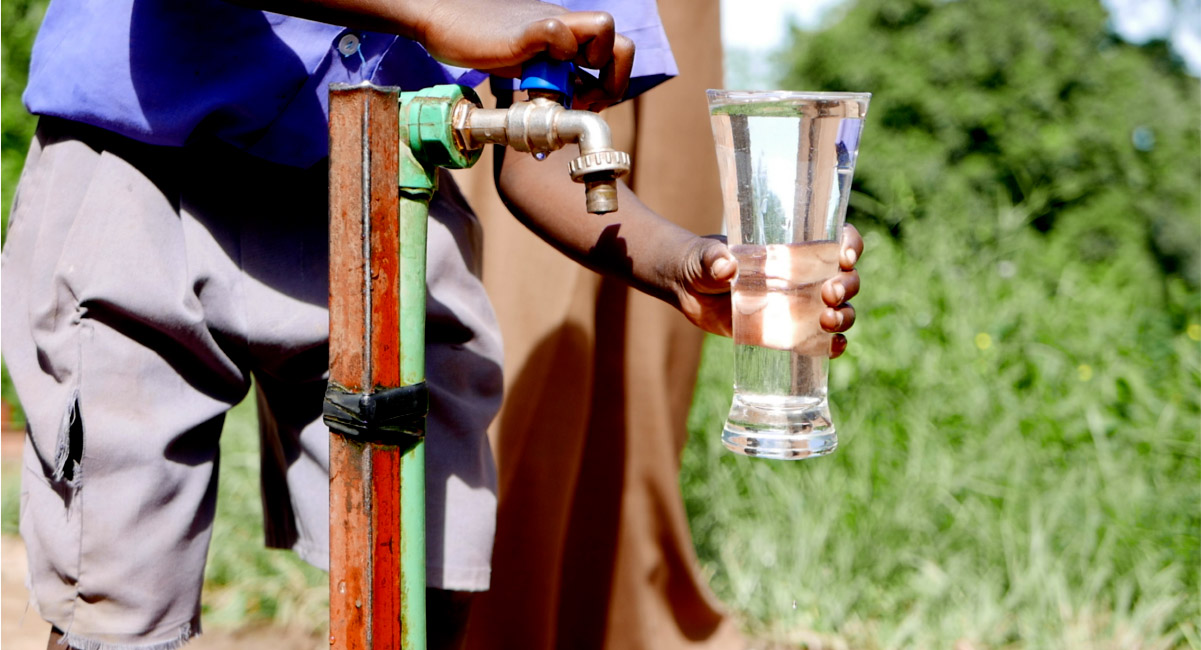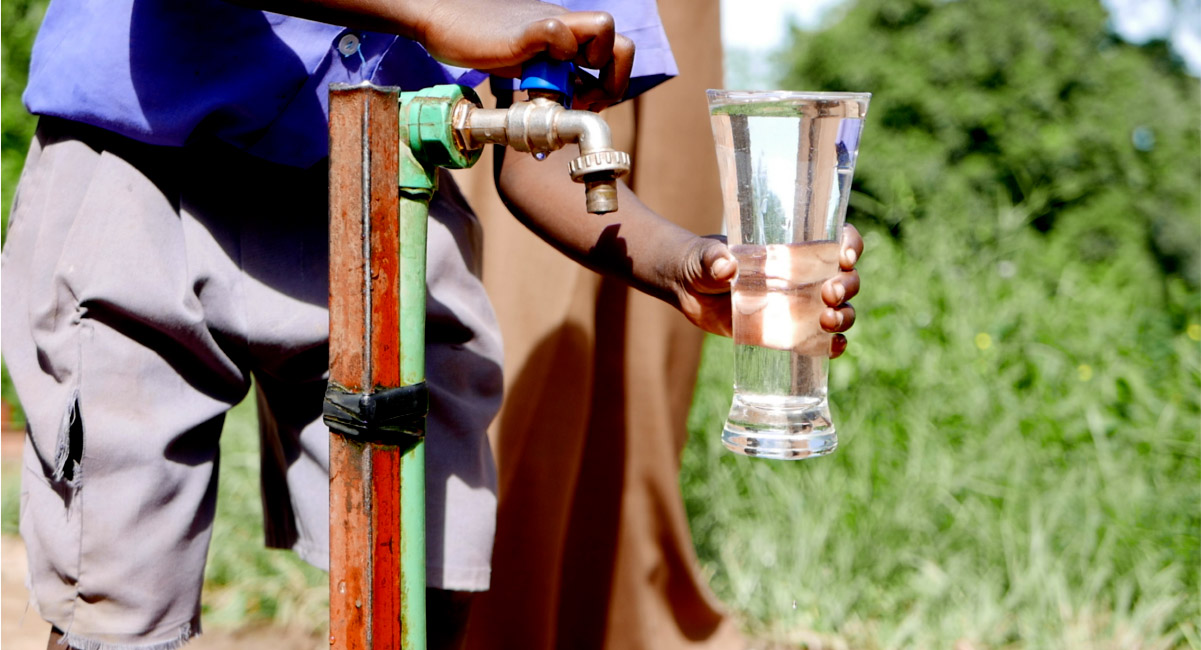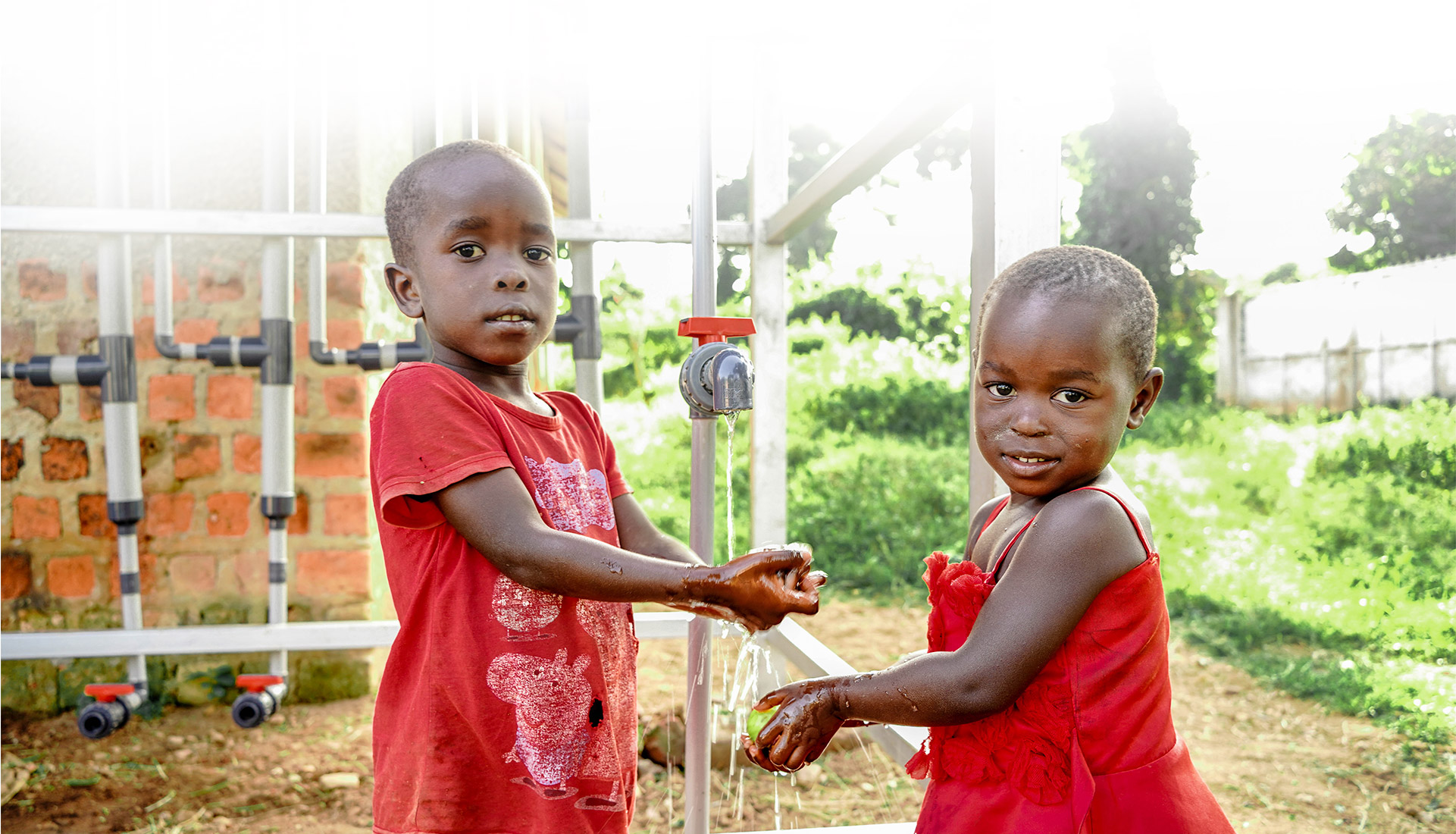What We Do
Our Work
WASH
Clean drinking water can effectively improve public health, and the physiological hygiene of women, prevent children from dysentery and typhoid fever, and prevent the spread of the global Covid-19 epidemic. Clean water resources will bring long-term and more valuable benefits to the development of communities. It is the most urgently needed and prioritized project in the poor and remote rural areas.

The challenges of Clean drinking water
• 22億人無法獲得安全的飲用水服務。
• 近20億人依賴沒有基本供水服務的醫療衛生機構。
• 全球超過半數的人(42億)缺乏安全的衛生設施服務。
• 每年有29.7萬名五歲以下兒童因為惡劣的環境衛生、個人衛生或是不安全的飲用水死於腹瀉病。
• 20億人居住在面臨嚴重水資源壓力的國家。
• 90%的自然災害都與天氣有關,包括水災和旱災。
• 80%的廢水未經處理就排入生態系統或未得到循環利用。
• 世界上約三分之二的跨界河流缺乏合作管理框架。
• 農業取水量占全球取水量的70%。
Water Rights
2010年7月,聯合國提出每個人都有獲得充足水資源以供個人和家庭使用(每人每天50到100升)的權利,水資源必須安全、可接受、價格合理(用於水的花費不應該超過家庭收入的3%)、容易獲取(水源必須在住所周圍1公里內,取水時間不應該超過30分鐘)。
 Support us
Support usprojects
透過愛女孩以及各方的幫助,我們推動不同的計畫為了就是能幫助更多的婦女!
